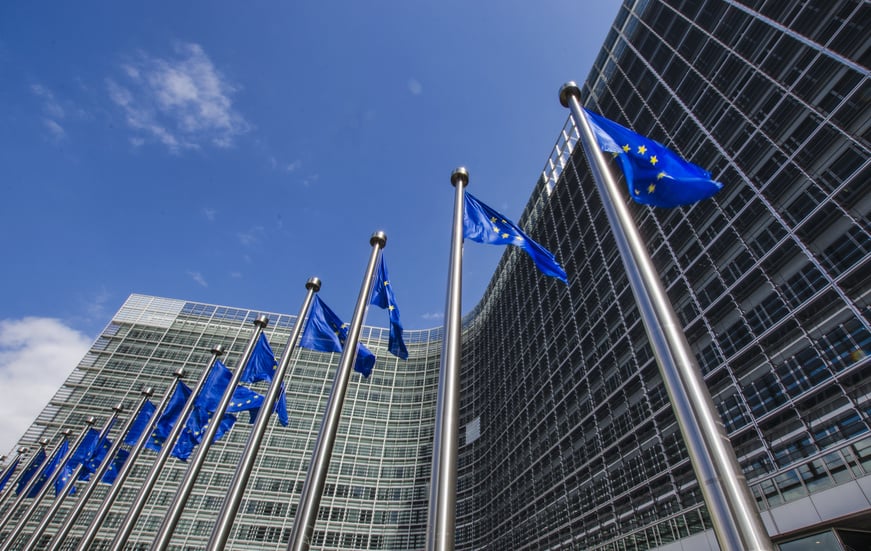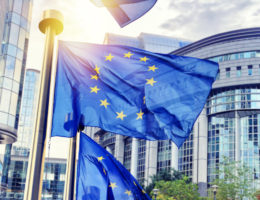On 9 December 2025, the European Parliament and Council agreed on the EU Deforestation Regulation (EUDR), which aims to prevent products linked to deforestation from entering or leaving the EU market.
The Regulation introduces a due diligence system requiring operators and traders to ensure products are “deforestation-free,” provide geolocation data, and submit compliance statements. Non-compliance may result in fines of up to 4% of EU turnover. The main obligations will apply from 30 December 2024.
On 23 September 2025, the EU Environment Commissioner proposed delaying the EU Deforestation Regulation (EUDR) by another year due to IT system challenges. Originally set for 30 December 2025, the compliance deadline may be extended to 30 December 2026. The delay aims to reduce uncertainty for authorities and stakeholders and ensure the IT infrastructure can handle operational demands. Further discussions among EU institutions are expected before a formal announcement.
On 9 July 2025, the European Parliament (EP) adopted a resolution pressing for sweeping reforms in the e-commerce and imports sector, with a focus on consumer protection, product regulation, and unfair competition.1 The resolution sets out a series of measures, including calling for the swift implementation of the Digital Product Passport (DPP), strengthened customs enforcement through reform of the Union Customs Code (UCC), and the removal of the EUR 150 customs duty exemption for low-value consignments. The resolution will now be put submitted to the European Council and the European Commission for consideration.
Companies are navigating a shifting ESG and sustainability regulatory landscape across Europe and the US. The session opened with an overview of deregulatory trends in Europe, including the Omnibus package, evolving CSRD and CSDDD obligations, and the EU Deforestation Regulation. In contrast, the US discussion highlighted the rise of the anti-ESG movement at the federal level, set against California’s continued push for climate disclosure laws impacting both public and private companies.
Product regulation and safety is a key area of focus for consumer protection authorities around the world. In this session, our speakers discussed recent developments in the regulation of product safety which businesses supplying products in the UK and EU need to be aware of. The panel considered the compliance…
In a major shakeup to businesses’ obligations relating to human rights, environmental standards and climate change, the Corporate Sustainability Due Diligence Directive (CS3D) is set to become law. In this article, we focus on the climate-related obligations enshrined in the CS3D: the obligation imposed on companies to adopt and put into effect climate transition plans.
We are pleased to present you with the latest update of Product Risk Radar (linked to https://www.globalcompliancenews.com/product-risk-radar/), our online content hub that covers the latest important legal developments in product regulatory and liability risk. The diverse range of articles helps you navigate the increasingly challenging landscape of the newest legal…
On 29 November 2023, the Energy Savings Opportunity Scheme (Amendment) Regulations 2023 (“Regulations”), came into force, implementing a number of changes to Phase 3 of the Energy Savings Opportunity Scheme which requires in scope organizations to undertake a mandatory energy assessment of their UK energy consumption. As a result of the changes introduced by the Regulations, participants are required to include more information in the Phase 3 notifications of compliance that they are required to submit to the Environment Agency to confirm that they have completed their energy assessment.
The new EU Deforestation Regulation (2023/1115/EU) will impose due diligence obligations from 30 December 2024 aimed at tackling deforestation and forest degradation. The Regulation will require companies dealing in in-scope products to undertake due diligence into the source of a wide range of commodities, including cattle, cocoa, coffee, palm-oil, rubber, soya and wood, to ensure that they have not been obtained as a result of deforestation.
The new EU Deforestation Regulation (2023/1115/EU) will impose due diligence obligations from 30 December 2024 aimed at tackling deforestation and forest degradation. The Regulation will require companies dealing in in-scope products to undertake due diligence into the source of a wide range of commodities, including cattle, cocoa, coffee, palm-oil, rubber, soya and wood, to ensure that they have not been obtained as a result of deforestation.









